You can use vinegar to descale the Breville espresso machine; however, it is not the best option. Compared to a descaling solution, vinegar has several disadvantages. The foremost being that it is less effective.
⚠️ Using a DIY descaler, you might risk voiding the warranty.
Is Descaling Solution Better than Vinegar?
Is descaling solution better than vinegar? The short answer is yes. Here are three disadvantages of using a vinegar solution to descale the Breville espresso machine:
- Vinegar needs more time to descale – Phillips tests showed that “it can take to 3.5x longer to descale with vinegar compared to approved Philips or Saeco descaler.” (source). The descaling solution does not stay in the system for long during the Breville Barista Pros descaling cycle. Because of that, the vinegar solution might leave some build-up behind.
- Vinegar might affect the taste of the coffee – In older or neglected coffee machines, some mineral build-up might be impossible to remove. Such build-up is porous and can absorb the vinegar odor, which might influence the taste of your coffee. You don’t have to worry about this with descaling agents, which are odorless.
- Vinegar does not mix well with aluminum – Vinegar consists of acetic acid, which does not mix well with aluminum. Since some espresso machines have aluminum thermoblock boilers (not the Breville Barista Pro), vinegar might be unsuitable as a descaler (the same goes for citric acid). Because of that, it is best to stick to the manufacturer’s recommended descaling agents or at least look for descalers with similar ingredients.
The Best Breville Descaler Alternatives
Some people assume that brand-recommended descalers are overpriced and choose to make a DIY solution. However, many descaling solutions have multiple ingredients, making them more effective descalers than the DIY alternatives (e.g., a combination of different acids – source).
The best bet is to use a descaler recommended by the manufacturer since it is approved for their specific espresso machines. If you want to find a cheaper option, look for descalers with similar ingredients.
TIP: If you want to learn more about recommended descalers for the Breville Barista Pro and the descaling process, click here to go to my other post.
When it comes to Breville espresso machines, I have found an excellent substitute for the Breville powder descaler, which costs about $3.74 per descaling. Instead, the alternative option will cost you around $2.2 per descaling (Amazon link). It is manufactured by the same company that makes the original Breville descalers and has the same ingredients as the Breville Eco Liquid Descaler (Citric acid and Tartaric acid). This company also offers a more sophisticated descaler (Amazon link), which costs around $2.75 per descaling. This descaler provides a visual indication of how well your machine has been descaled.
Homemade Descaler for Breville Espresso Machine
If you insist on using a homemade descaler, a better option than vinegar is a citric acid solution. Since it is odorless, at least you don’t risk affecting the coffee’s taste. But remember that if you use a DIY descaler, you might risk voiding the warranty.
Make the Best Coffee with Your Breville Barista Pro
If you want to learn how to make the perfect shot of espresso according to your preferences, check out our Ultimate Guide for the Breville Barista Pro.

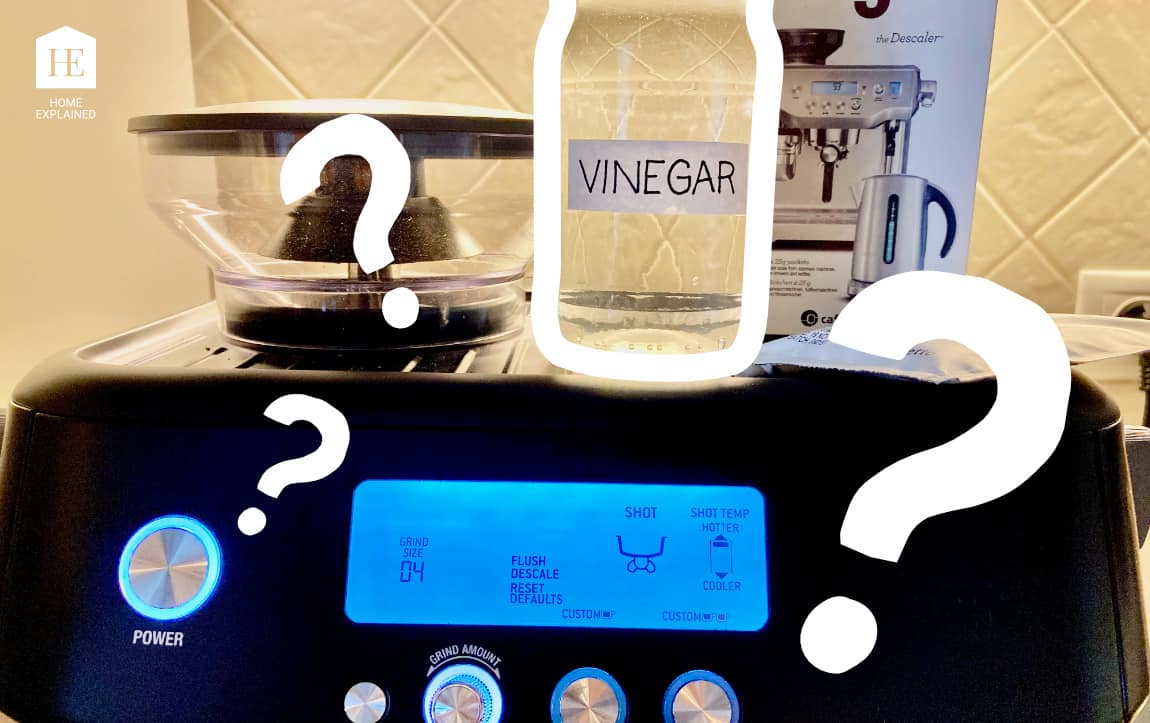

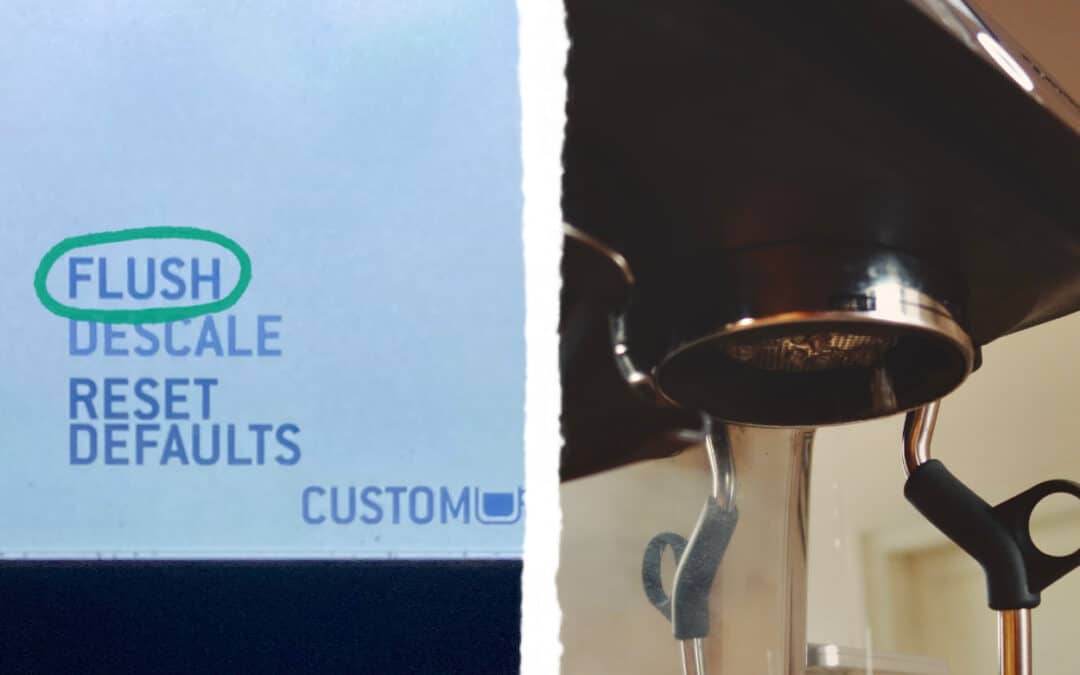
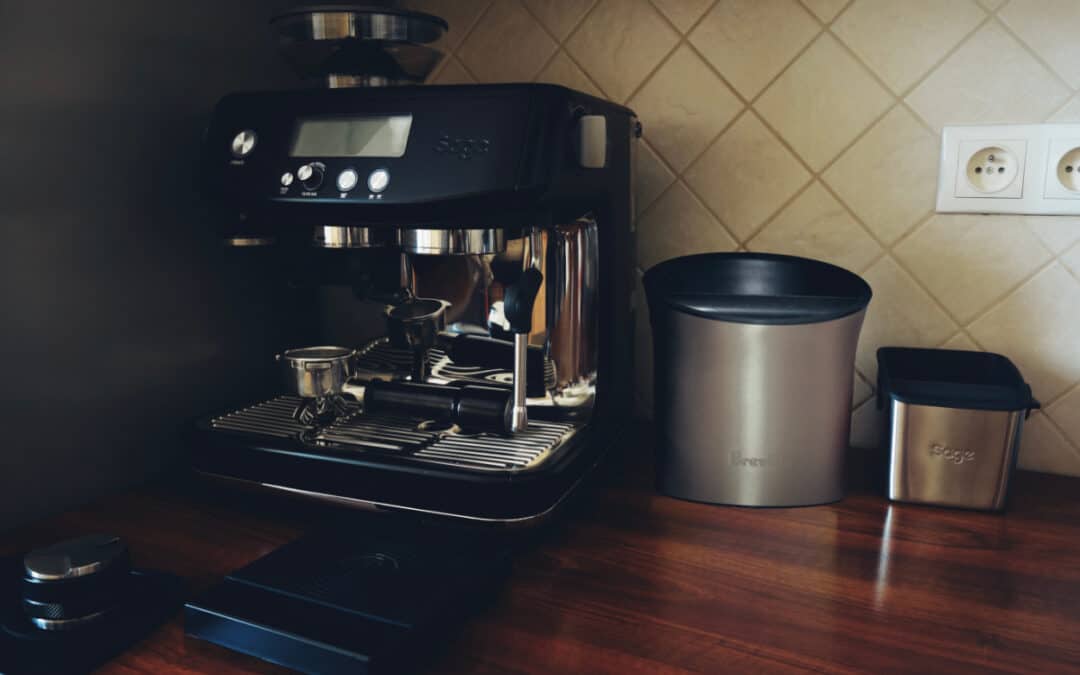
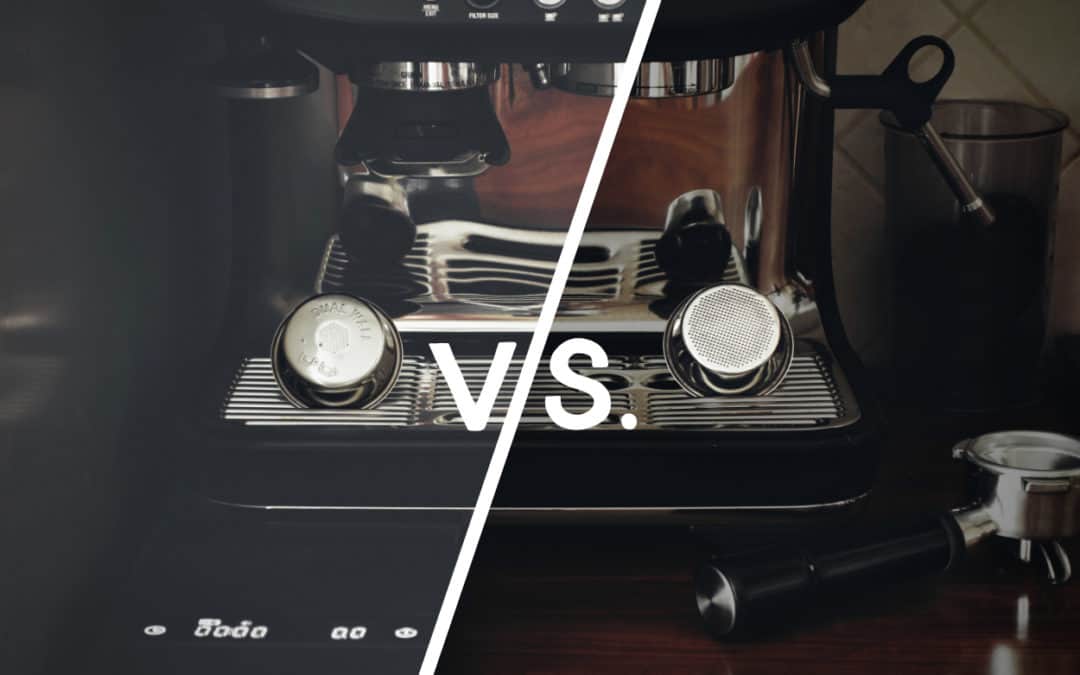
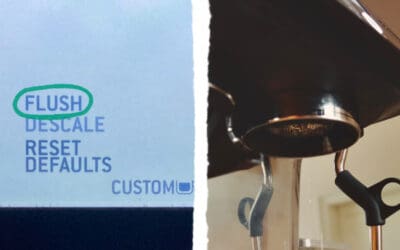
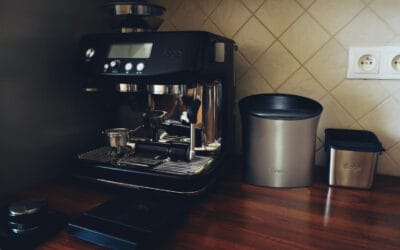
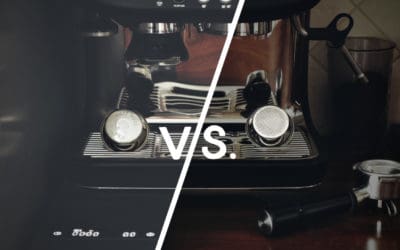
0 Comments